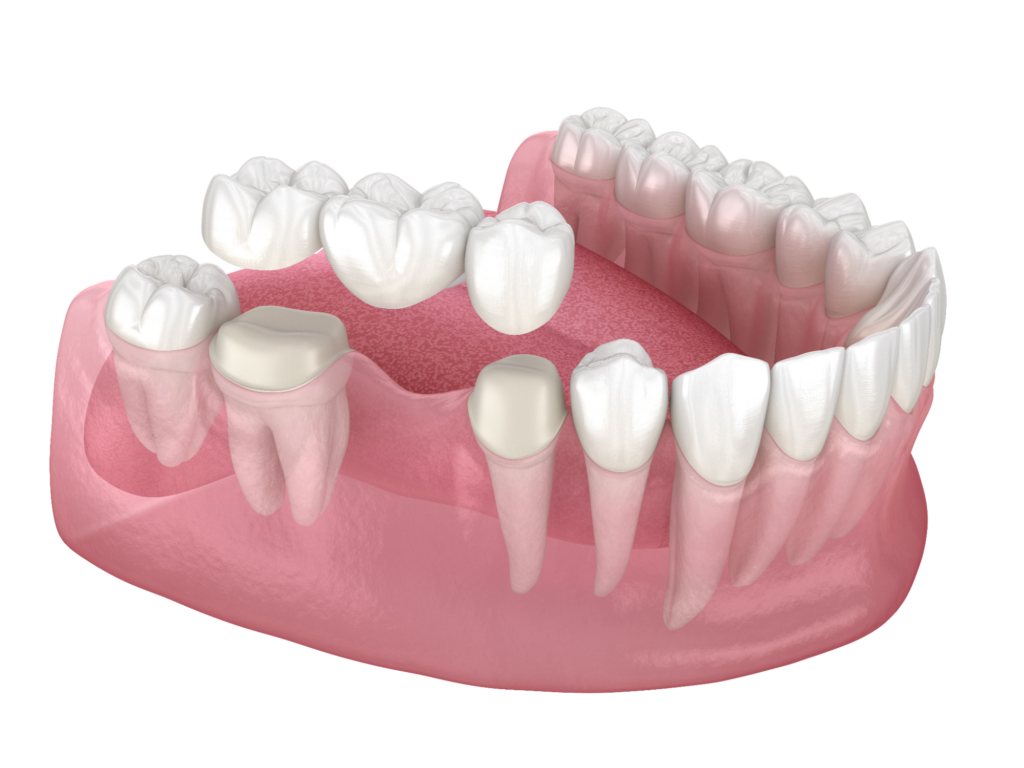Thinking about your dental health may raise these questions: Are you seeing the dentist as often as you should? Am I getting all the care I need when I am there? Of course, you understand that regular dental care is essential for good health, but you may not know how often you need to visit the dentist for a checkup. Plus, you may not be clear on what a full check-up should include. The answers may vary depending on your age and the condition of your teeth, but there are some basic guidelines you and your family should follow.
How Often Should You Visit the Dentist for a Check-Up?
Recommendations vary according to age and the current state of your dental health. Small children should have their first appointment at around age one. If they are at low risk for cavities, they need to visit the dentist at least once a year. Those with a high risk of tooth decay may need to visit every three to six months until the dentist feels their teeth have stabilized. Teenagers are prone to poor dental hygiene habits. Like younger children, they need to see the dentist at least once a year. If they are at a high risk of tooth decay, they need to visit more often – every three to six months. Those adolescents with orthodontic devices will need to visit regularly to make certain their braces or retainers are in proper alignment. The Australian Government offers public dental care for some children, and you can check to see if your family may be eligible.
Adults are recommended to visit their dentist twice a year. After the first consultation, it may be recommended that they return more often – a proper examination is the only way to determine this. Those with gum issues will need frequent care.
What to Expect at Your Check-Up
Your dentist may have their own check-up system, but most will complete the following steps at your appointment.
Cleaning and Polishing
Your dentist will clean and polish your teeth, using special tools to remove plaque from your teeth and just under the gum line. They will floss between your teeth and polish them so that you leave with a fresh and sparkling smile.
X-Rays
If you have not had X-rays recently, the dentist will have them taken so they can evaluate the damage to your teeth, including new surface decay and root issues.
Assessment of Gum Health
The dentist will also check your gum health. Untreated gum disease can lead to serious dental issues, including tooth loss and even heart problems. Tender, puffy, and bleeding gums may indicate gingivitis, a mild form of gum disease, or periodontitis, a more serious condition. Both can be treated, although periodontitis requires your dentist to treat it in the office.
Condition of Existing Dental Work
Your fillings, crowns and bridges do not last forever. Your dentist will check this work to make sure it doesn’t need to be repaired or replaced.
Who Should Go to the Dentist More Often?
Some groups need to visit the dentist more often than the average person. These groups may include:
- Smokers
- Patients with gum disease
- People with compromised immune systems
- People with diabetes
- Pregnant women
- People with a history of dental problems
Those who engage in high-risk oral behaviours or who have a medical condition are at a greater risk of developing dental issues. Or, they are more at risk of developing other health problems when they develop dental issues. Your dentist will be able to let you know if you need more regular dental appointments after examination and cleaning.
Why Is Going to the Dentist Regularly Important?
You cannot judge the state of your dental health the way an expert can. Even when you follow a strict dental hygiene routine, your teeth can still develop cavities. If you are in pain from these cavities, the decay is probably widespread. The same goes for gum disease, alignment problems and root issues. A dentist can find and correct these problems before they become advanced. Also, your dentist is the best person to detect oral cancers. They can spot suspicious lesions or lumps inside your mouth or along your jaw and neck earlier sooner than your regular doctor.
Final Thoughts
In this busy life, it’s easy to postpone regular dental check-ups, especially if you are not in any pain. But waiting until your teeth and gums hurt to make an appointment is a bad idea. Regular check-ups can prevent the need for more complex and expensive dental procedures in the future. Plus, you will look and feel better when you take care of your oral health. Isn’t a painless check-up once or twice a year far better than suffering from a seriously decayed tooth?
The Dental Family Beaumaris has 30-years of experience in providing advanced dental services for the community. We want you to keep your teeth your whole life. Contact us today by filling out a brief online form, or calling to arrange an appointment.


